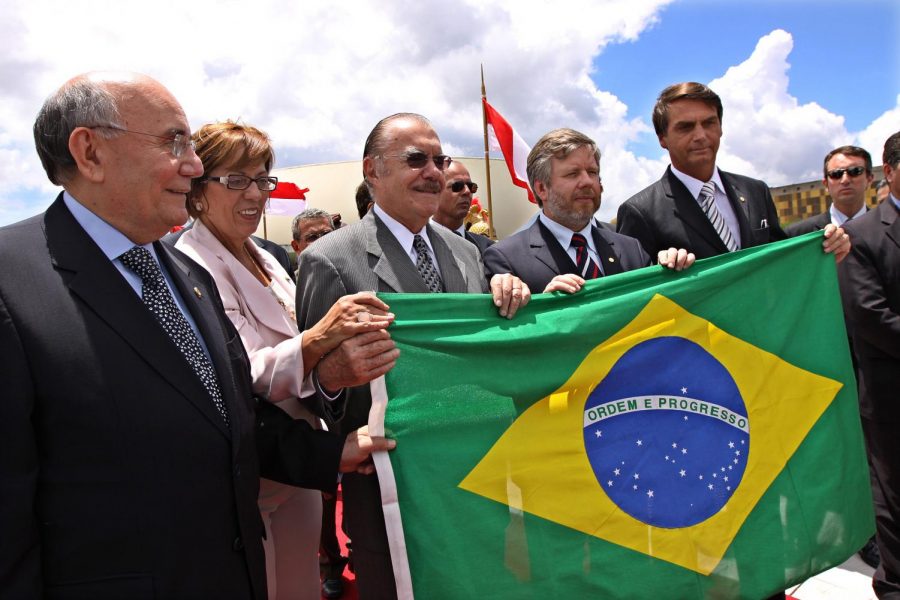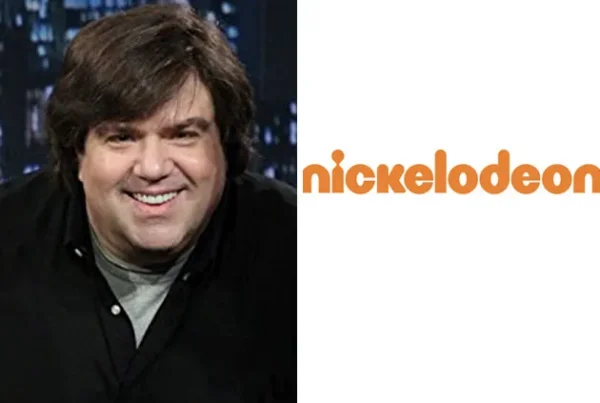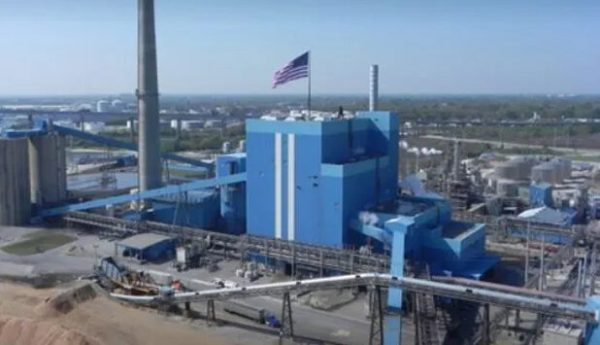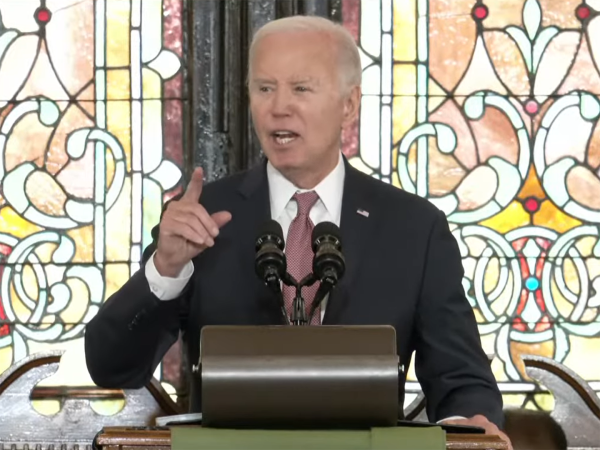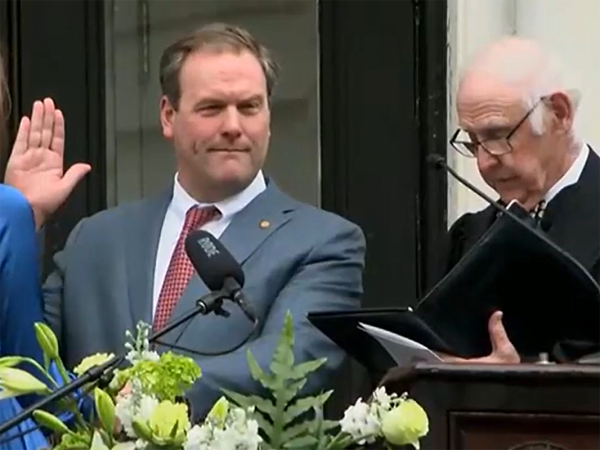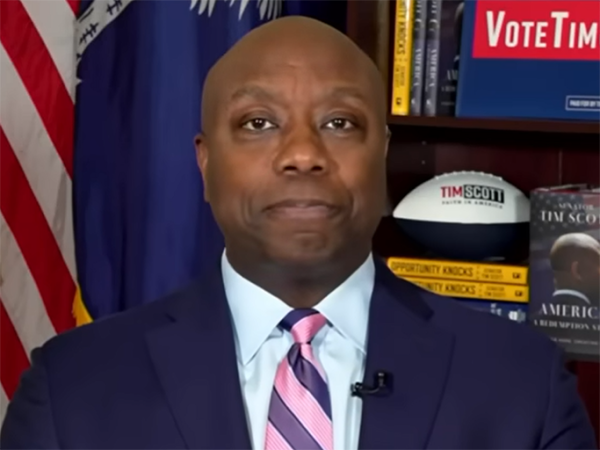Following the 2018 Brazilian Election
The people of Brazil are stuck in between a rock and a hard place.
As Brazil suffers from an intense economic recession and an increase in crime, its civilians are looking to their presidential candidates for refuge. Unfortunately for the Brazilian people, neither of them prove to be promising leaders.
The underdog of the race, Fernando Haddad, represents Brazil’s left-wing Worker’s Party. Due to the party’s socialist economic policies and historic involvement in corruption, many civilians have expressed their resentment. In fact, the former president and Haddad’s “de facto leader”, Luiz Inácio Lula da Silva, is currently serving jail time due to his participation in “Operation Car Wash” (The Economist ).
Without diving too deeply into Operation Car Wash, here is a brief summary as explained by a journalist from The Brazilian Report :
“Early in the morning on March 17, 2014, federal marshals launched the so-called Operation Car Wash. A group of detectives had been investigating a gang that had used a gas station just three kilometers away from Congress as a front for money laundering schemes. But what began as a small, unpublicized operation would later evolve into Brazil’s biggest-ever corruption scandal – which has so far implicated 1,203 people, including every single major political party, the country’s most popular politician, and the sitting President of the Republic.”
That being said, with a tie into the country’s largest scandal, the Worker’s Party is not highly favored by the suffering civilians of Brazil. In contrast, Haddad’s polar opposite is gaining momentum in the polls, particularly from younger voters. Jair Bolsonaro, a far-right former army captain, openly supports the idea of reinstating the militant dictatorship that Brazil had been ruled under in the mid-1900s.
Because the Brazilian people are desperate for reforms in law enforcement and the economy, Bolsonaro holds an 85% chance of becoming the next president (The Economist ). Despite his campaign to dig the country out of a hole, he is also an incredibly controversial individual. Donning the nickname of “Trump of the Tropics”, Bolsonaro displays striking similarities of Donald Trump, specifically his negative characteristics. With accusations of sexual assault, racism, along with homophobic and misogynistic statements, the right-wing candidate is raising concern within several onlookers, in and out of Brazil.
I am in favor of torture, you know that, and the people are in favor too. Through the vote, you will not change anything in this country. Anything! Absolutely nothing!
— Jair Bolsonaro
Several of his critics argue that Bolsonaro is attempting to reverse all of the progressive movements for minorities that have been made in the last 80 years, and claim that the candidate is, certainly, a dictator by definition.
General elections were held on October 7th, 2018. If either candidate won 50% or more of the popular vote, then he would automatically become Brazil’s next serving president. However, the final results came back with Bolsonaro receiving 46% and Haddad trailing far behind with 29%, leading to a second round of voting.
The second-round election will be held on October 28th of this year. With the Brazilian people forced to choose between two unfavorable candidates, the future, unfortunately, does not look bright.



